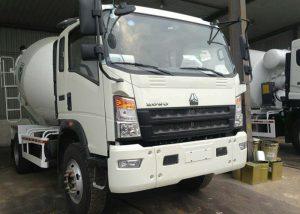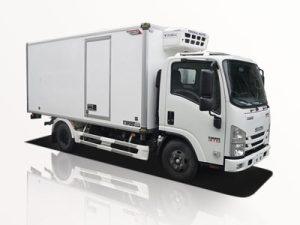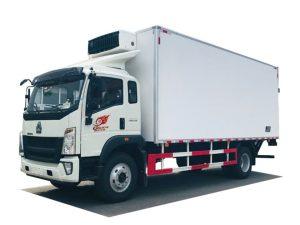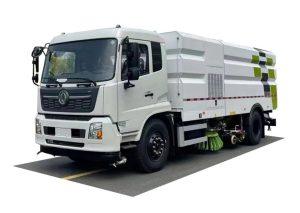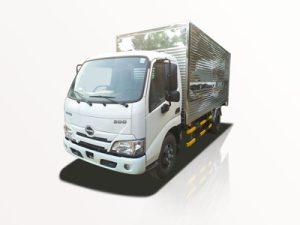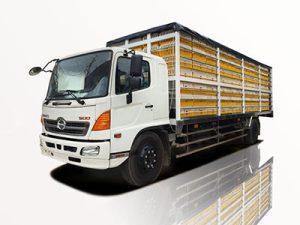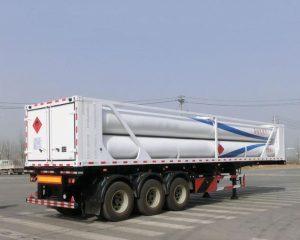Monday to Saturday - 8:00 -17:30
The Best Time to Buy a Camper: A Comprehensive Guide
If you’re considering the adventure of owning a camper, knowing the best time to buy a camper is crucial. This article explores the ideal timing for purchasing a camper, the factors that influence pricing, and tips to find the best deals. Whether you’re a seasoned traveler or a first-time buyer, this guide will provide valuable insights into making an informed decision.
Understanding the Camper Purchase Cycle
The camper market experiences seasonal fluctuations that affect availability and pricing. Understanding these cycles can help you purchase your camper at the right time.
The Seasonal Trends in Camping
The camping season typically aligns with warmer months. This is when demand for campers rises, particularly in spring and early summer. However, prices can drop during the off-peak season.
Buying in the Off-Season
Late fall and winter months are often the best times to buy a camper. Many dealers offer significant discounts to clear inventory. Additionally, you’ll face less competition from other buyers, allowing for better negotiation opportunities.
Buying in the Spring
Spring marks the beginning of peak camping season; however, prices may still be favorable if you shop early (March to April). Dealers may have new models arriving, causing a turnover in inventory. This means you can often find good deals on last year’s models.
Understanding Market Trends and Forecasts
Market trends can also provide insight into when to buy a camper. Pay attention to industry reports highlighting demand levels and pricing trends.
Factors Affecting Camper Prices
Several factors influence camper prices, and understanding these can help you make a strategic purchase.
Economics and Inflation
Like many markets, the camper industry is affected by economic conditions, including inflation. As manufacturing costs rise, prices may increase. Buyers should keep an eye on economic forecasts.
New Model Releases
New camper models are typically released in late summer. Following this timeframe, dealers will often discount previous models to make room for new inventory.
Common Types of Campers
Before diving into the buying process, it’s essential to understand the different types of campers available and which may suit your needs best.
Travel Trailers
Travel trailers are towable units, offering great versatility and options for different sizes. They range from lightweight models for family campers to luxurious RVs.
Fifth-Wheel Trailers
These are larger trailers requiring a special hitch in the bed of a truck. They often provide more space and comfort compared to travel trailers.
Class A, B, and C Motorhomes
Motorhomes are self-contained units based on a truck or van chassis. Class A offers luxury, Class B is great for compactness, and Class C provides a balance between size and drivability.
Pop-Up Campers
Pop-up campers are compact and easily towable, expanding into larger living spaces at the campsite. They are ideal for those wanting a balance between tent camping and RV comfort.
Where to Buy a Camper?
Identifying the right platform to buy your camper can affect your overall experience.
Dealerships vs. Private Sellers
Both dealerships and private sellers have their advantages. Dealerships often provide warranties and financing options, while private sellers may offer lower prices.
Online Marketplaces
Websites like RVTrader, Craigslist, and Facebook Marketplace are excellent resources for finding campers. Make sure to deal with reputable sellers to avoid scams.
Practical Tips for Buying a Camper
Follow these valuable tips for a smooth camper buying experience.
Conduct Thorough Research
Research various models, prices, and reviews. Online forums and RV shows can provide essential information about the best campers in your budget.
Inspect Before You Buy
If buying used, perform a thorough inspection. Look for signs of wear and damage, and consider hiring a professional to evaluate the camper to avoid costly repairs later.
Consider Financing Options
Look into financing options early on. Shop around for the best interest rates and loan terms that fit your budget.
Negotiate the Price
Don’t be afraid to negotiate. Comparing prices of similar models will give you leverage in discussions.
Examples of Seasonal Discounts
| Month | Discount Type | Description |
|---|---|---|
| November | End-of-Year Sales | Dealers offer significant discounts to clear out existing inventory. |
| January | Winter Sales | Low demand during winter can lead to competitive pricing and deals. |
| March | Spring Inventory Reductions | Some dealers will discount older models to make way for new ones. |
| August | Pre-Season Discounts | Buyers can find deals as dealers wish to offload inventory before fall. |
Planning for the Purchase
Planning plays a vital role in making an informed and timely camper purchase.
Create a Budget
Decide on your budget early, considering not just the cost of the camper but also additional expenses like insurance, maintenance, and storage.
Join Camping Clubs
Joining camping clubs or online forums can provide valuable insights and help you discover deals and promotions.
FAQ Section
1. When is the best season to buy a camper?
The best seasons to buy a camper are typically late fall and winter when demand is low, leading to significant discounts.
2. How do I negotiate the price of a camper?
Research similar models and their prices, and ensure you’re aware of the camper’s market value to leverage during negotiations.
3. Should I buy new or used campers?
This depends on your budget and needs. New campers come with warranties, while used campers can save you money but may need more maintenance.
4. What are the hidden costs of owning a camper?
Hidden costs include maintenance, insurance, storage fees, and expenses related to camping (gas, campsite fees, etc.).
5. How can I find trustworthy private sellers?
Look for private sellers on reputable platforms, verify their history, and ensure to meet in person to inspect the camper.
6. What should I look for in a used camper?
Inspect for water damage, check appliances, examine the tires and brakes, and ensure all systems function correctly.


